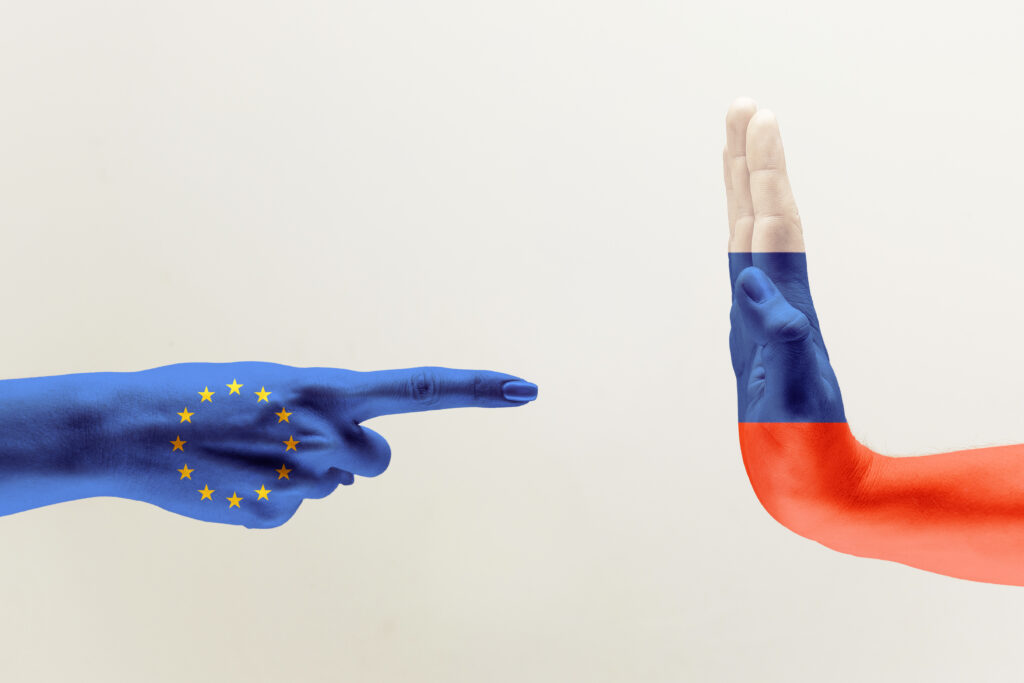
The latest sanctions imposed by the European Union (EU) on Russia signal a notable shift in strategy, as they now target not only Russian entities but also Chinese and Indian companies. This marks a departure from previous approaches and underscores a broader crackdown on evasion tactics employed by Russia. The move comes amidst ongoing tensions between Russia and the West, particularly in the aftermath of the conflict in Ukraine and concerns over Russia’s actions in Crimea and Eastern Europe.
Around 200 entities are affected by the new sanctions, which aim to restrict Russia’s access to crucial technologies, particularly drones. This measure reflects the EU’s determination to maintain pressure on Putin’s government and disrupt its military capabilities. European Commission President Ursula von der Leyen has emphasized the importance of maintaining this pressure, highlighting the need to hold Russia accountable for its actions.
The inclusion of Chinese and Indian companies in the sanctions underscores the EU’s efforts to target not only direct supporters of the Russian military but also those who indirectly aid its activities. While there may have been initial hesitations regarding the imposition of sanctions on Chinese companies, these concerns have been overcome in light of the broader strategic goals of the EU and its G7 partners.
In addition to targeting entities supporting Russia’s military complex, the EU is also discussing additional sanctions in response to the death of Russian opposition leader Alexei Navalny. The UK has already taken action by imposing sanctions on six prison managers connected to Navalny’s death, indicating a coordinated effort among Western nations to address human rights violations in Russia.
Overall, these sanctions represent a significant escalation in the EU’s response to Russian aggression and underscore the bloc’s commitment to upholding international norms and values. By targeting not only Russian entities but also those from other countries, the EU aims to disrupt Russia’s ability to evade sanctions and hold accountable all those who enable its destabilizing actions.
Bringing you the latest updates on finance, economies, stocks, bonds, and more. Stay informed with timely insights.
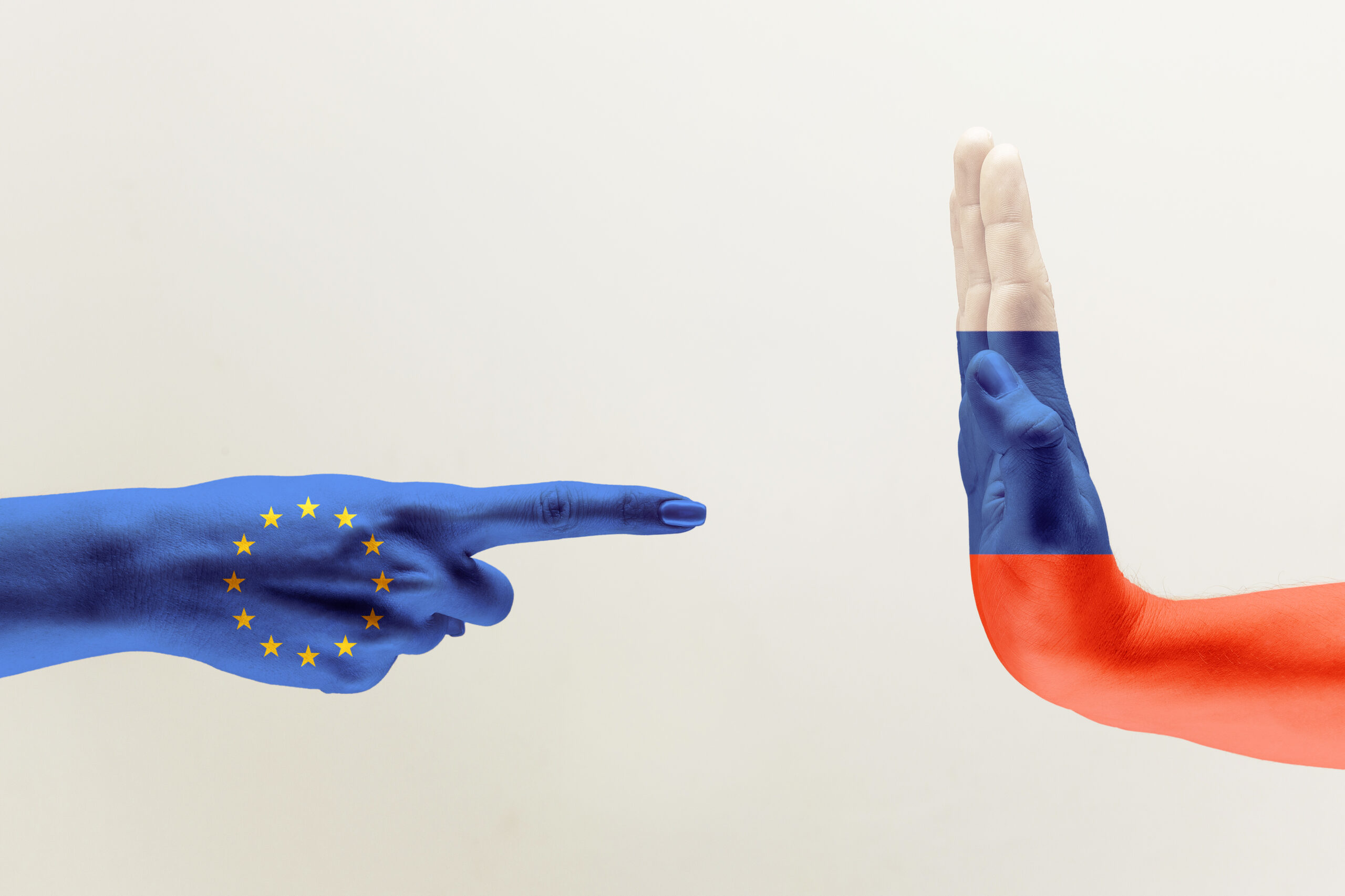
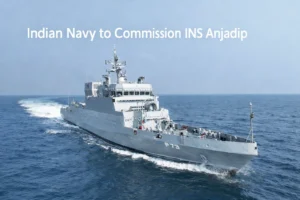
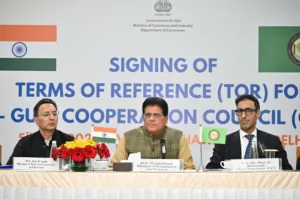

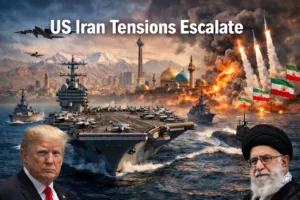
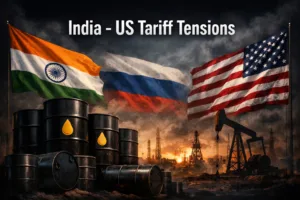
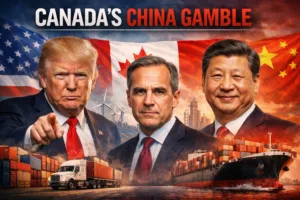
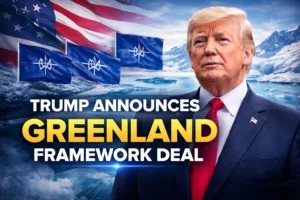

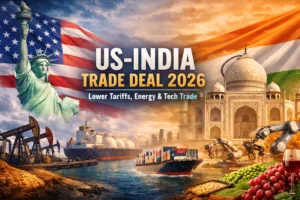
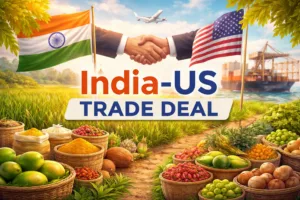


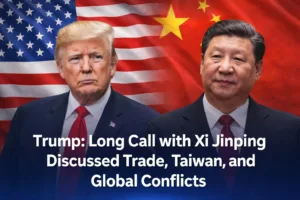



Be First to Comment